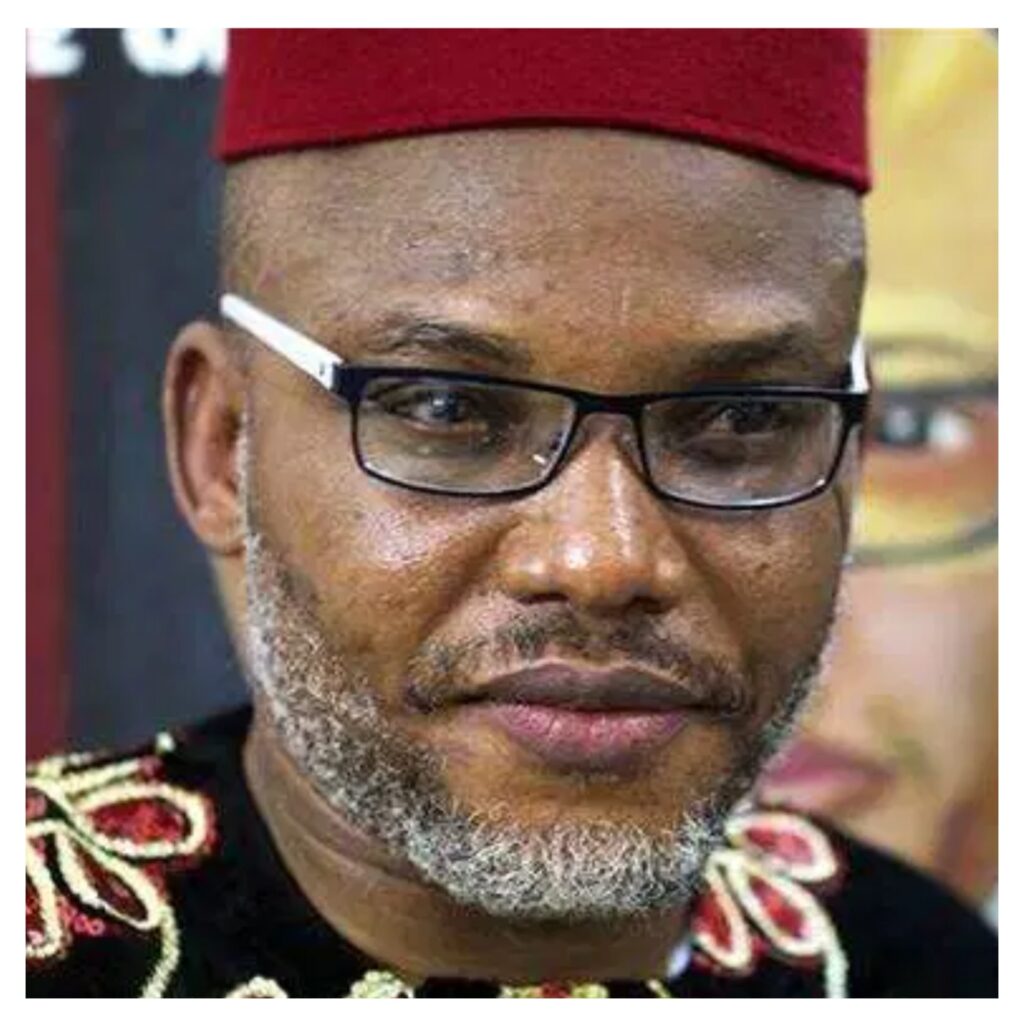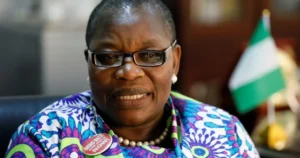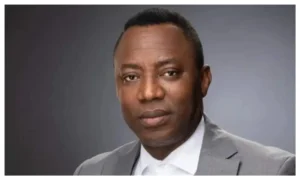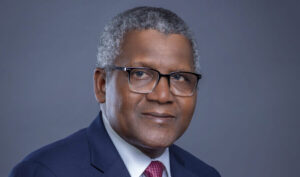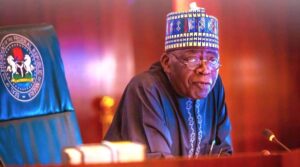A UK-based human rights lawyer, Barrister Njoku Jude Njoku, has said that the Nigerian government did not follow the law when it arrested and tried Nnamdi Kanu, the leader of the Indigenous People of Biafra (IPOB).
He said Kanu was taken from Kenya to Nigeria without going through any court process. This goes against the African Charter on Human and Peoples’ Rights, which protects people’s rights during international transfers.
According to Njoku, the Nigerian Supreme Court also failed to follow this standard. He said this has made many people lose faith in the court system and its ability to protect justice.
Njoku referred to the Supreme Court’s ruling in December 2023 in the case between the Federal Republic of Nigeria and Nnamdi Kanu. He said the judge wrongly claimed that Nigerian laws do not stop the government from prosecuting someone who was brought into the country illegally. But Njoku explained that Nigeria’s Extradition Act actually demands that proper legal steps be taken, and that force should not be used to bring someone into the country.
In a public statement made in Abuja, Njoku called the government’s actions shocking and unacceptable.
He explained that both Kenyan and Nigerian laws require a fair hearing before someone can be removed from one country to another. This did not happen in Kanu’s case.
The lawyer also said that Kenya’s Constitution protects people’s freedom and safety. It also guarantees fair treatment by the government. These rights were not respected when Kanu was taken. Similarly, Nigeria’s Constitution promises personal liberty and fair hearings, but these rights were ignored.
He also talked about Article 4 of the African Charter, which is part of Nigerian law. This article protects people from unfair treatment and ensures fair hearings. Njoku said all these legal protections were violated, and the agreement between Kenya and Nigeria was ignored.
He pointed out that Kanu’s charges were changed from treason to terrorism, even though the alleged crimes happened outside Nigeria. This change brings up legal problems because the Extradition Act has rules about how and why someone can be tried.
Njoku explained that even though the Extradition Act doesn’t clearly talk about illegal renditions, trying Kanu for crimes without proper legal steps goes against the purpose of the law.
He also said changing the charges from what Kanu was originally accused of to new ones violates the legal rule of “specialty.” This rule says you can only be tried for the crimes you were originally brought in for.
Njoku added that Nigeria broke both the African Charter and international laws by taking Kanu without court approval. He criticized the Supreme Court for ignoring this, saying it makes people doubt if the courts still care about justice.
He said justice should never be based on illegal actions. Kanu’s case is more than just about him — it’s about whether Nigeria still follows its own laws or acts above them.
The lawyer reminded everyone that in all countries that follow English Common Law, you cannot build a legal case on an illegal action. Ignoring this rule in such a major case is a serious concern.
He also noted that the Court of Appeal had already freed Kanu in 2022, saying his right to a fair hearing was violated. That decision followed both Kenyan and Nigerian law. But the Supreme Court chose to side with the government instead of defending justice, which is troubling.
Njoku warned that the Supreme Court’s ruling could make it easier for future governments to ignore legal steps, which may bring international criticism and weaken the legal system in Nigeria.
